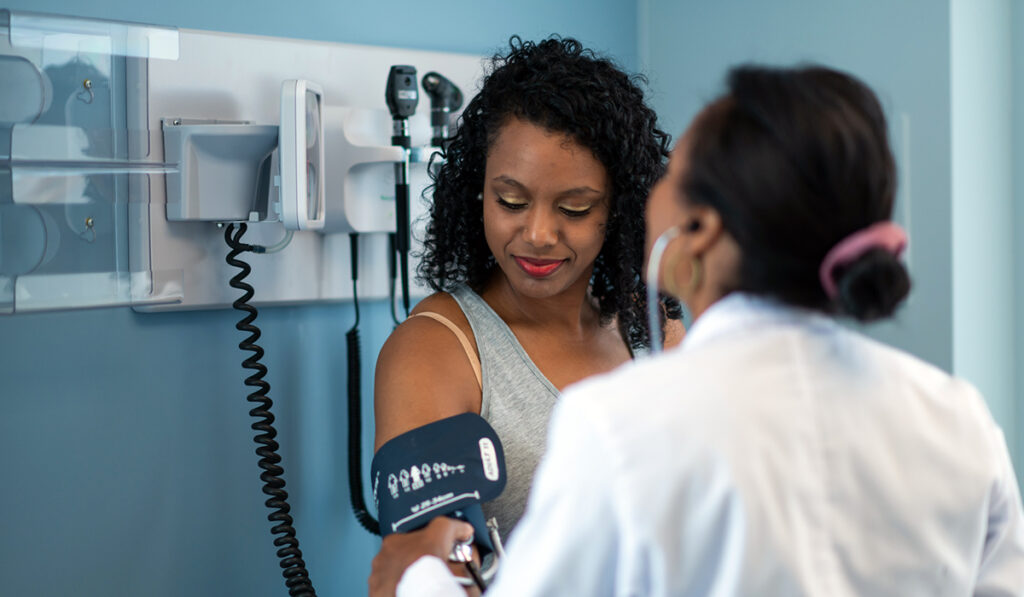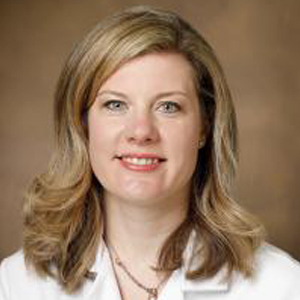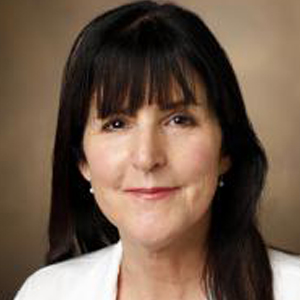Rates of heart attack and other cardiovascular sequalea in men historically have towered over those in women.
In recent decades, though, changes in female workforce participation and increases in obesity and diabetes for both sexes have led to a more equal distribution of the rates. Today, the ratio of adverse cardiovascular events approaches 50:50 among women and men.
Cardio-obstetrics specialist Kathryn J. Lindley, M.D., at Vanderbilt University Medical Center, noted that the cardiology field has been built primarily on studies of disease experience in men but that, increasingly, the envelope is expanding to study and treat concerns unique to women – from adolescence, through child-bearing years, menopause and old age. Lindley recently came to Vanderbilt to launch a Women’s Heart Center, having previously led the launch of the Center for Women’s Heart Disease at Washington University in St. Louis eight years ago.
“Men and women are just different physiologically and anatomically, and their hearts behave differently,” Lindley said. “They may have different heart diseases, and even the most common ones can affect them differently. With women, there are also milestone times in life when their disease phenotypes and risks change and warrant special monitoring.”
With several excellent women’s heart centers scattered across the country, Vanderbilt’s stands out for its innovative approach, said Jane Freedman, M.D., director of the Division of Cardiology.
“Dr. Lindley, in a short time, has already combined multiple areas to create a comprehensive approach to women’s heart care at Vanderbilt,” Freedman said. “This care will span throughout a women’s life and be holistic and thoughtful.”
“This is a time in women’s lives when their cardiac risk factors really start to increase. Their cholesterol, blood pressure, blood sugars and weight all tend to go up. If we can start to identify those risk factors, we can provide interventions, and get these patients plugged into long-term preventive care.”
Changing the Postpartum Trajectory
While heart health is the nexus, the center’s care for women also touches many other medical and life events, particularly those involving reproductive health and mental health.
“We are developing strong partnerships between cardiology, OB/GYN, and psychiatry to address needs in one co-located space, with one team of clinicians that are communicating together and providing holistic care for the patient,” Lindley said.
For example, pregnancy is a key time to engage on health with expecting mothers, but many are never assessed for cardiovascular risk. Often, new parents are expected back at work by six weeks and fail to attend scheduled postpartum appointments. This means they will not have blood pressure checks after delivery to determine their risk for long-term heart complications.
“Many women are never screened and diagnosed with diabetes or high cholesterol, never connected with a primary care doctor or cardiologist, and don’t get contraception after delivery,” Lindley said.
Vanderbilt’s programs are designed to strengthen patient connections by taking advantage of periods when patients already are engaging with the healthcare system. Under this model, OB/GYN and cardiology together deliver telehealth and remote monitoring services, so most can complete their postpartum visits while remaining at home with their baby.
“When we identify people who are at high risk at this stage and counsel them, we can change their long-term trajectory for the better,” Lindley said.
Post-menopause: a Second Milestone
Menopause represents another key time to connect with women about their cardiovascular health, and one of the center’s projects is to develop a multidisciplinary menopause program.
“This is a time in women’s lives when their cardiac risk factors really start to increase,” Lindley said. “Their cholesterol, blood pressure, blood sugars and weight all tend to go up. If we can start to identify those risk factors, we can provide interventions, make informed decisions about hormone replacement or other therapy, and get these patients plugged into long-term preventive care.”
“This care will span throughout a women’s life and be holistic and thoughtful.”
Expanded Research Opportunities
The center also is expected to become an incubator for heart health research.
“I firmly believe that the best way to deliver clinical care is to have it fully integrated with clinical research,” Lindley said. “The only way to really advance our care is to actively be learning about what we’re doing and how we can be doing it better.”
She points out that there is substantially more trial data for how to treat heart disease in men than women, so much so that treatment protocol is based only on what is known to occur men.
“There has been relatively little study of the effects of female hormones on heart health, for example,” Lindley said. “I think the center is ripe with opportunities for us to research cardiovascular care through the lens of sex and gender.”






